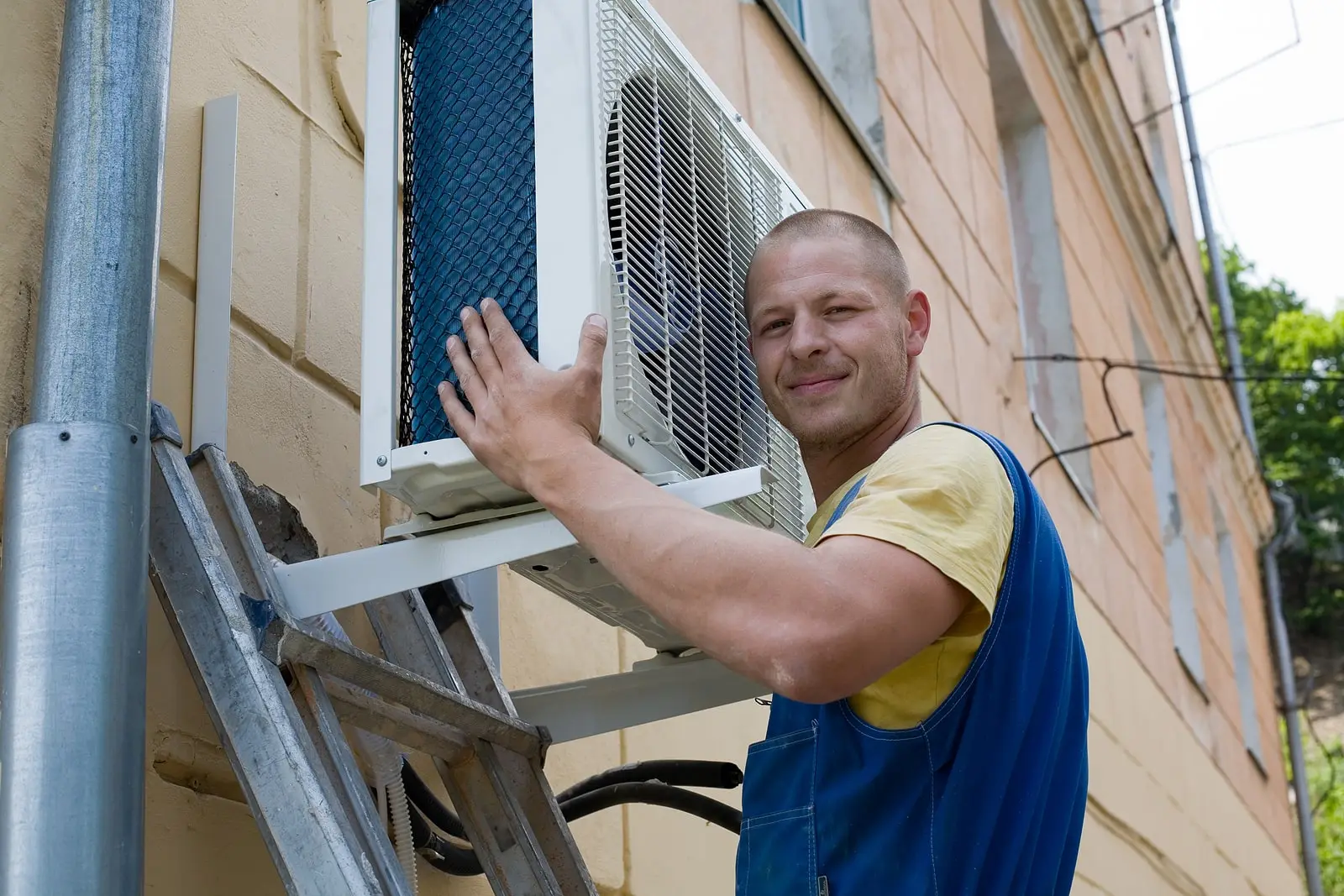
When your air conditioning (AC) system encounters issues, you’re often faced with the decision to either repair the existing unit or invest in a replacement. In Florida’s climate, where air conditioning is crucial for comfort, making the right choice can impact both your comfort and your budget. Here’s a straightforward guide to help you weigh the options and make an informed decision between AC replacement and repair.
Assessing the Age of Your AC System
The age of your AC system plays a significant role in determining whether to repair or replace:
- Typical Lifespan: Most AC systems have a lifespan of 10 to 15 years. If your unit is approaching or exceeding this age, replacement might be a more cost-effective option in the long run.
- Repair vs. Replacement: Older systems are more likely to experience frequent breakdowns and may not be as energy-efficient. Investing in a new unit could provide better performance and energy savings.
Evaluating the Cost of Repairs
Consider the cost of repairs in relation to the value of your AC system:
- Repair Costs: Compare the cost of repairing your current unit with the cost of a new system. If repair costs are high, particularly if they approach or exceed half the cost of a new unit, replacement may be a better choice.
- Frequency of Repairs: If your system requires frequent repairs, it might be more economical to invest in a new unit rather than continuously spending on repairs.
Energy Efficiency and Utility Bills
Energy efficiency impacts both your comfort and your utility bills:
- Old vs. New Efficiency: Newer AC units are generally more energy-efficient and can lead to lower utility bills. If your current system is outdated and inefficient, replacing it could result in significant long-term savings.
- Energy Ratings: Check the Seasonal Energy Efficiency Ratio (SEER) rating of your existing unit. Higher SEER ratings indicate better energy efficiency. A new system with a higher SEER rating can improve efficiency and reduce costs.
Comfort and Performance Issues
Evaluate the performance and comfort provided by your current AC system:
- Consistent Performance: If your AC system struggles to maintain a consistent temperature or fails to cool effectively, it might be a sign that replacement is necessary.
- Comfort Enhancements: Newer systems often come with advanced features that enhance comfort, such as improved humidity control and quieter operation. Consider whether these features would benefit your living environment.
Potential for Future Problems
Consider the likelihood of future issues with your current system:
- Signs of Decline: If your system shows signs of significant wear, such as frequent breakdowns, unusual noises, or reduced performance, it may be on the verge of a major failure. Replacing the unit can prevent future problems and provide peace of mind.
- Warranty Considerations: New AC units come with warranties that cover parts and labor for several years. If your current system is out of warranty, you might face additional repair costs that could be avoided with a replacement.
Environmental Impact
Think about the environmental impact of your decision:
- Older Refrigerants: Older AC systems may use refrigerants that are less environmentally friendly. Newer units use more efficient and eco-friendly refrigerants, contributing to lower environmental impact.
- Efficiency Improvements: Replacing an old system with a new, energy-efficient model reduces your carbon footprint and supports a more sustainable environment.
Financing Options
Consider the financial aspects of replacement:
- Cost of Replacement: While replacing an AC system requires a significant upfront investment, financing options and rebates can help manage the cost. Many HVAC companies offer financing plans to make the transition more affordable.
- Long-Term Savings: Factor in the long-term savings on energy bills and potential repair costs when evaluating the overall financial impact of replacement versus repair.
Professional Evaluation
Consult with a qualified HVAC technician for a professional assessment:
- Expert Advice: An HVAC technician can provide a detailed evaluation of your current system’s condition and offer recommendations based on your specific situation. They can help you understand whether repair or replacement is the most cost-effective and practical option.
- System Evaluation: A technician will assess factors such as system efficiency, repair history, and overall performance to guide you in making the best decision.
Conclusion
Choosing between AC replacement and repair requires careful consideration of factors such as the age of your system, repair costs, energy efficiency, and overall performance. By evaluating these factors and consulting with a professional HVAC technician, you can make an informed decision that balances comfort, cost, and long-term benefits. In Florida’s hot climate, ensuring your AC system operates efficiently and reliably is essential for maintaining a comfortable home environment.